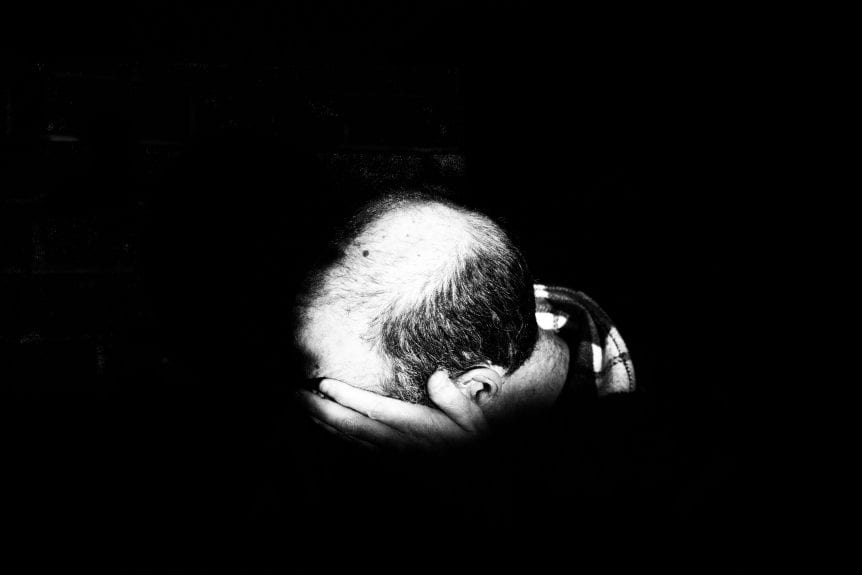The fight against depression is ongoing. With over 17 million adults in the U.S. affected by the disorder, clinical and medical science is constantly searching for new avenues to help those in need. Fortunately, medical research shows that testosterone therapy is effective in treating depression in men.
With the rise in cases of suicide as a result of mood disorder, it is essential that other treatment options are explored to control depression. Antidepressants have been determined to be only 60 percent efficient in relieving symptoms, and therefore it is crucial to try out new methods of treatment such as testosterone therapy.
Depression and Testosterone Therapy
Recent research shows that depression can, in fact, be treated by using testosterone replacement therapy (TRT). Depression is a global mental health issue and is defined as a mental disorder that is characterized by a depressed mood and disinterest in activities that affect the quality of life of an individual. Men are more likely to suffer from depression than women, which is why more attention is drawn to their treatment.
You may be wondering how testosterone levels and depression are related. Testosterone is a hormone that is produced in small quantities in the ovaries for women and much larger quantities in the testes for men. Ideally, men are supposed to have higher testosterone levels than women to enable the normal functioning of their reproductive and general health.
Testosterone is responsible for sex drive and the quality of sleep. Low levels of testosterone in men cause them to be anxious and restless, have a low sex drive, and disrupt quality sleep. This can either cause or worsen existing depression.
Older men usually have low testosterone levels because these levels decrease with age. Because they exhibit symptoms that are similar to those of a depressed person, it can be difficult to differentiate between the two diagnoses. The initiation of testosterone replacement therapy usually solves this dilemma because the relief of depressive symptoms will be achieved, and testosterone levels will be boosted. Accurate management of depression is part of the remedial process to control behavioral and physical symptoms.
How TRT Can Help Men Manage Depression
There have been several studies conducted on the efficiency of testosterone replacement therapy in treating negative neurological changes in men. Evidence shows that testosterone is neuroactive and can trigger the production of serotonin, which is a neurotransmitter that is responsible for feelings of contentment happiness. Based on this principle, it is possible to relieve depressive symptoms such as adverse mood swings with testosterone therapy.
However, not all depressed men can benefit from testosterone therapy. Depression responds to treatment differently for individuals. There has been no definitive cure for depression, so some patients may also need to use antidepressant medications that relieve depressive symptoms. Testosterone replacement therapy might be what works for you if you are a man struggling with depression and cannot find relief through the use of antidepressants.
The use of testosterone in men with depression may require a high dosage for the effects to be achieved. For men whose testosterone levels are low, risks of infertility or reductions in sperm count are also low because the replacement therapy will work to boost testosterone levels and counteract infertility.
The ideal use of testosterone replacement therapy is to improve sex drive and quality of sleep, which can help to relieve depression. This is based on the idea that having an active libido and quality sleep enhances the mood and lifts depressive symptoms. Below is evidence from research trials showing that testosterone therapy is very efficient in relieving symptoms of depression.
Evidence of Testosterone Therapy for Male Depression
Common questions that most people ask before getting treatment are: Does this treatment work? How long does it take before seeing changes? The symptoms of depression are similar to those for low levels of testosterone, that is, changes in mood to a depressed state and changes in appetite.
Various control studies that have been done with placebo and testosterone and these show compelling evidence that testosterone therapy works to alleviate depressive symptoms in men both young and old.
In a study done by Technische Universität in Germany, a definitive link was established between testosterone therapy and the symptoms of depression. This study proved that higher doses of testosterone therapy significantly reduced depressive symptoms in patients. Keeping in mind the compelling evidence that testosterone therapy works in treating depression, let us look at the signs of success.
How Will You Know If the Testosterone Therapy is Working?
Changes in mood and appetite are prominent in depression, but with the use of testosterone therapy, positive results are achieved within four to six weeks of the treatment. Men will start exhibiting increased strength and interest in activities, which helps to relieve depression.
The administration of testosterone therapy to manage depression will be based on your medical needs and lifestyle. Evidence reveals that men both young and old have noticeable effects of the therapy in six weeks, so you should see signs that the treatment is working within the first six weeks.
